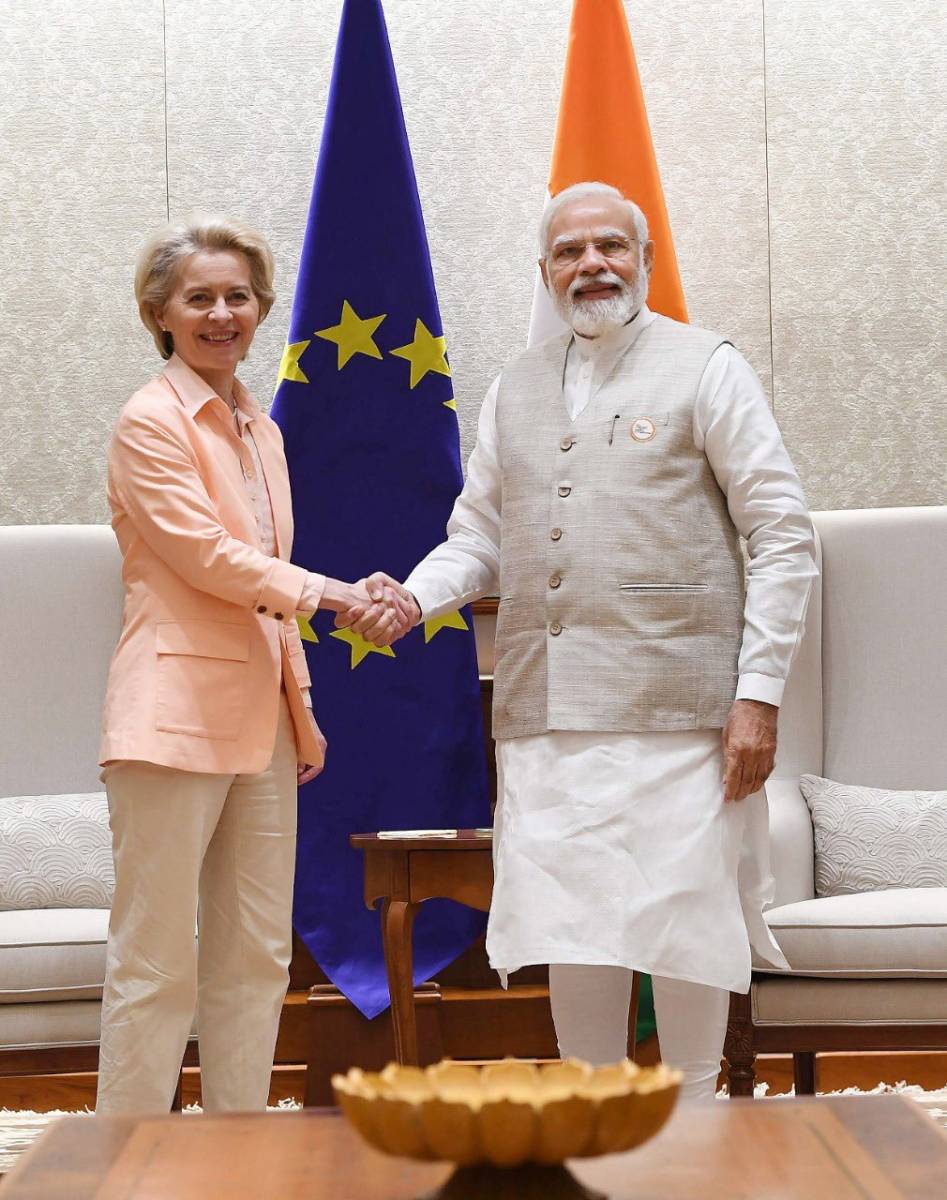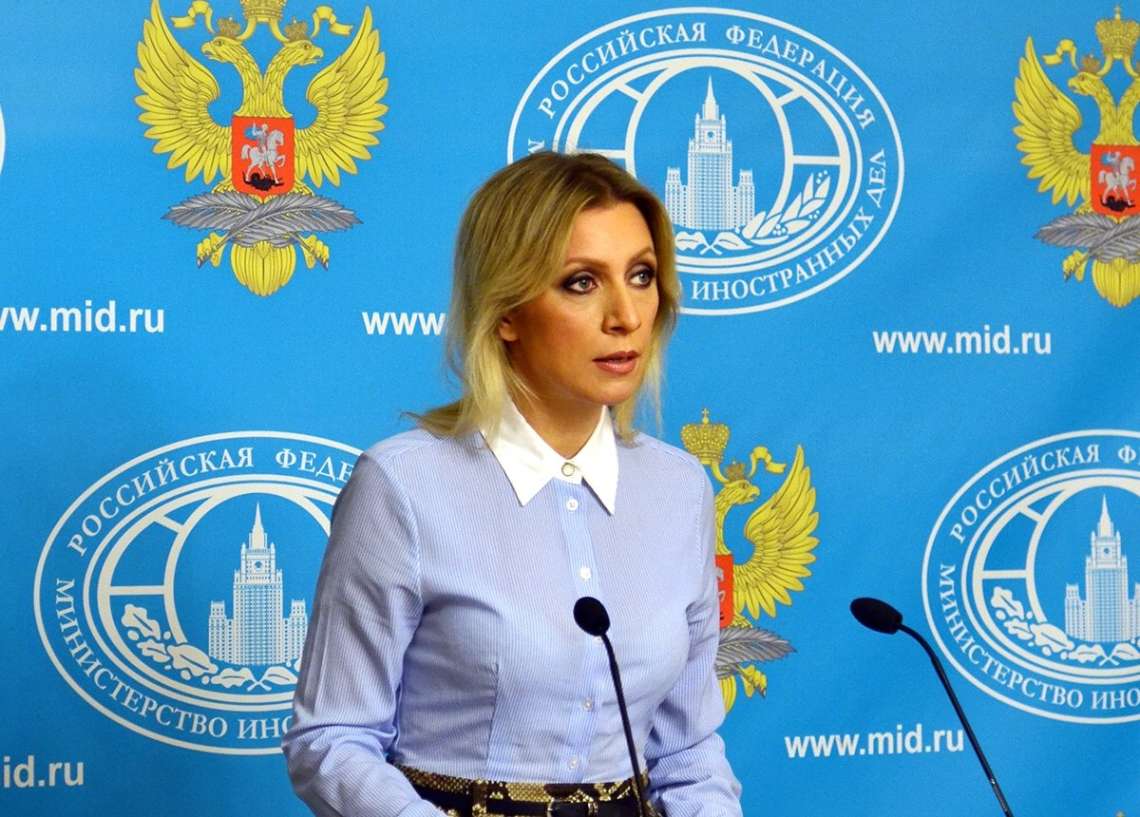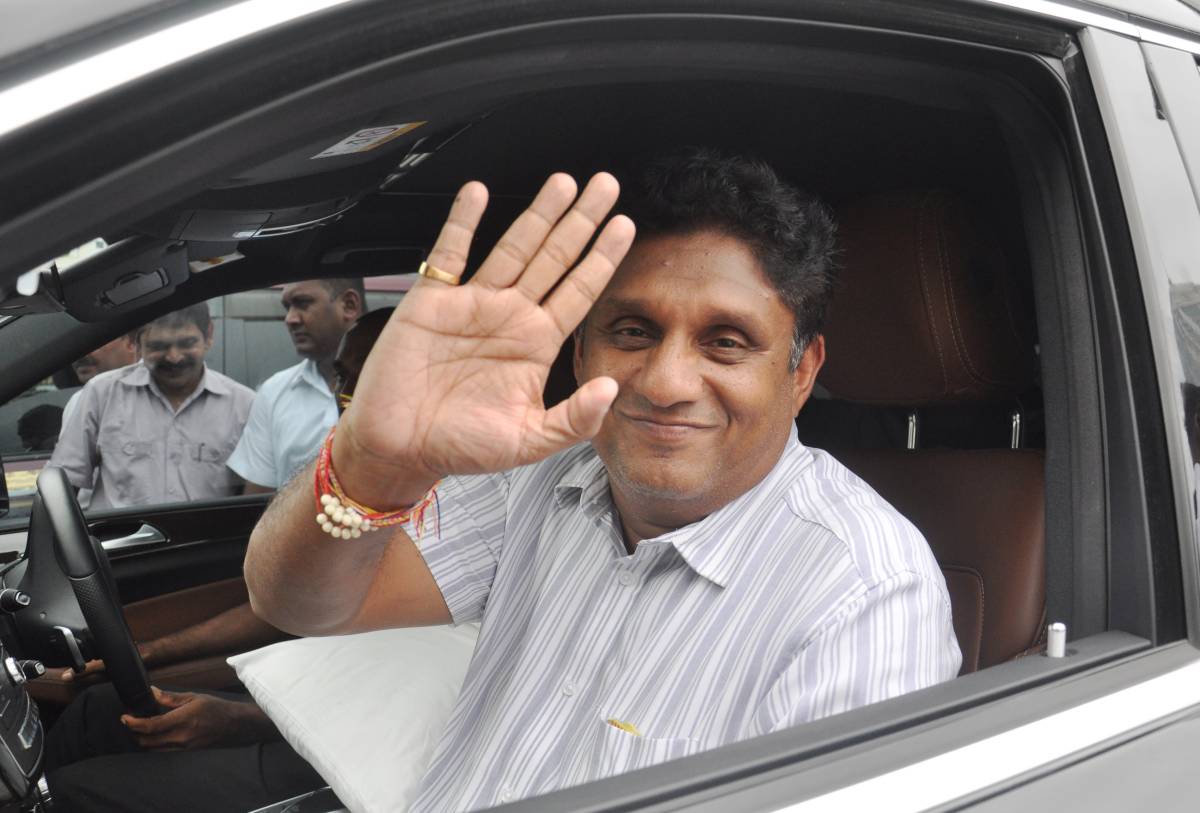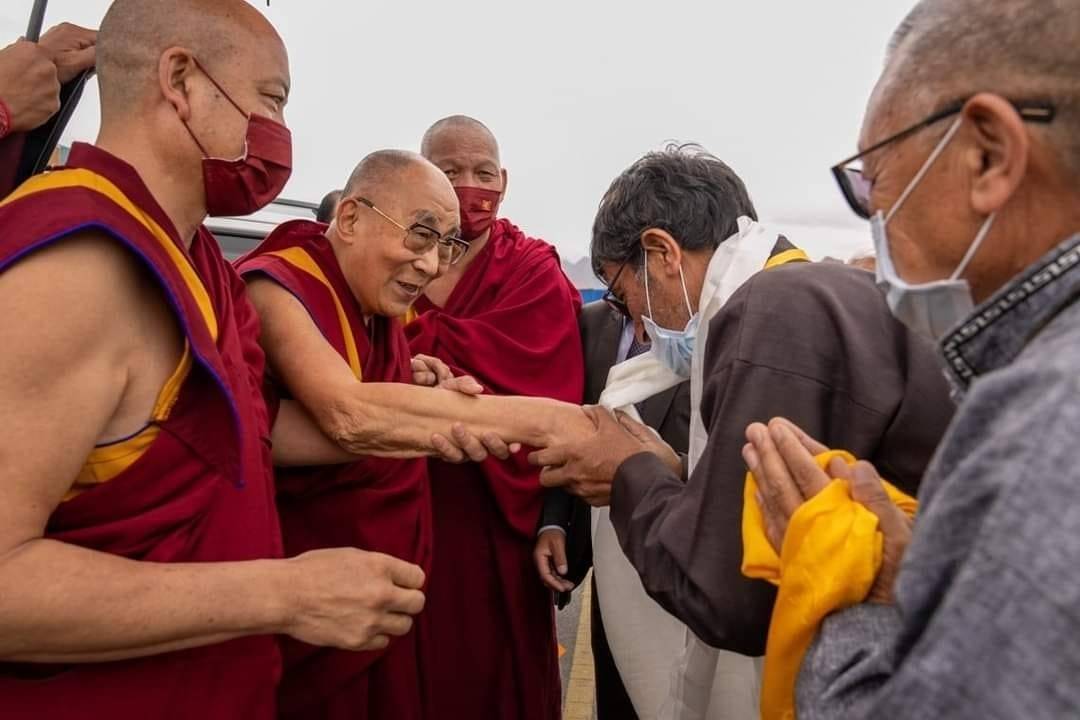Speaking at the time, EU commissioner for trade Valdis Dombrovskis said the bloc will step up enforcement and even “resort to sanctions” if key labour and climate commitments are not met…reports Asian Lite News
Following the resumption of discussions after a break of nearly a decade, Indian and European Union (EU) negotiators working on a free trade agreement (FTA) are seeking to forge convergence on complex issues such as digital trade, data protection and sustainable development.
The two sides recently began negotiations on three parallel tracks – trade, investment protection, and geographical indications – after earlier talks spanning six years on a bilateral trade and investment agreement were suspended in 2013. They have set an ambitious timeline of concluding the negotiations by 2023, especially since the 27-nation bloc’s other FTAs have usually taken several years to conclude.
At the negotiations held in New Delhi from June 27-July 1, the focus was primarily on finding convergence and better understanding of each other’s sensitivities in order to achieve the ambitious goal of liberalising 94% of trade in goods, the people said. In a first for India, the proposed FTA will include a chapter linking trade and sustainable development, they said.
The investment protection agreement was separated from the FTA because of requirements of the regulatory framework within the EU. While an FTA can be approved by the European Parliament, investment protection pacts require ratification by the European Parliament and parliaments of member states.
The link between trade and sustainable development, already part of a FTA finalised by the EU and New Zealand last month, was unveiled by the European Commission in June as part of measures to make the bloc’s trade greener and more sustainable. This is also part of a plan to enhance the contribution of EU trade pacts in protecting climate, environment and labour rights.
Speaking at the time, EU commissioner for trade Valdis Dombrovskis said the bloc will step up enforcement and even “resort to sanctions” if key labour and climate commitments are not met.
Other complex issues between the two sides include agricultural subsidies, which are always a sensitive matter for India, and a fair system of arbitration. During the first round, most of the 52 technical sessions centred around 18 text proposals from the EU side, including on matters such as intellectual property, competition, transparency, rules of origin, and sanitary and phytosanitary measures. There were also seven sessions on investment protection and geographical indications.
The Indian side announced it will table its own text proposals, including possible alternative chapters, before the second round of negotiations in Brussels from October 3-7.
The commerce ministry didn’t respond to an emailed query on the negotiations.
The resumption of negotiations is significant as India-EU trade talks were halted in 2013 because of differences on key issues such as the movement of Indian professionals and high tariffs on European farm produce.
The Indian side, at the first round of negotiations, was led by chief negotiator Nidhi Mani Tripathi, who is the joint secretary in the department of commerce. The EU side was led by its chief negotiator Christophe Kiener.
The EU is India’s second largest trading partner after the US. India-EU merchandise trade registered an all-time high value of $116.36 billion during 2021-22, with a year-on-year growth of 43.5%. India’s exports to the EU, with a trade surplus, jumped 57% in 2021-22 to $65 billion.
ALSO READ-Jaishankar to convene all-party meeting on SL crisis














